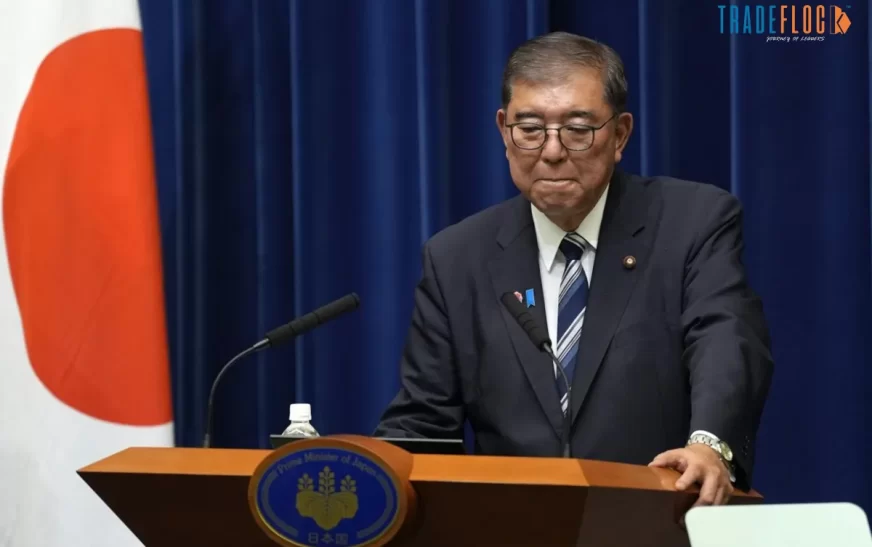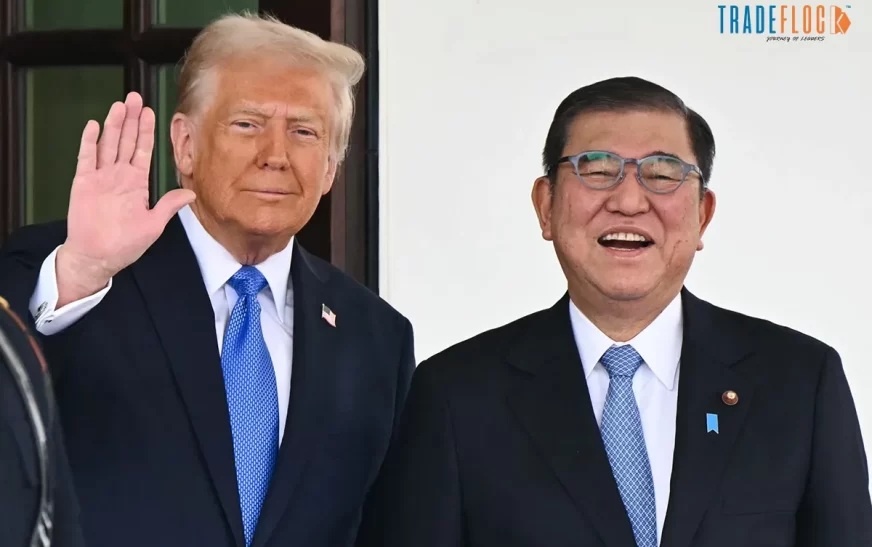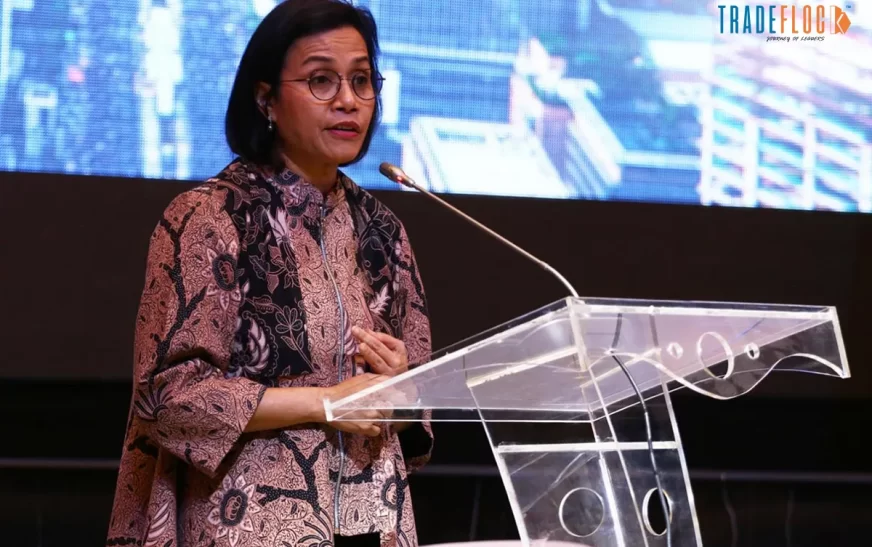The decision for leadership change within Japan’s Liberal Democratic Party (LDP) comes less than a year after 68-year-old Ishiba took charge of the long-dominant party. Recently, he lost his majority in both houses of parliament, prompting discussions about his future as party leader. According to NHK, Ishiba decided to step down to prevent a split within the party. The Asahi Shimbun reported that he was unable to withstand increasing calls for his resignation, highlighting internal pressures for fresh leadership.
On Saturday night, a farm minister and a former prime minister reportedly met with Ishiba to urge him to resign voluntarily. NHK reported that Ishiba intends to announce his resignation at a news conference later that day. The move comes after four senior LDP officials, including Hiroshi Moriyama, offered to resign last week, reflecting the internal turbulence following recent election results.
The July upper chamber election results intensified critics’ demands for Ishiba to take responsibility. Notably, the 84-year-old former Prime Minister Taro Aso, a prominent figure within the party, endorsed the notion of a leadership transition. Conversely, some veteran members urged caution, arguing that the party’s old-style politics and internal disagreements were damaging its credibility.
A leadership election is anticipated if a majority of LDP lawmakers and regional officials, who will submit a formal request on Monday, support the move. Ishiba’s current term was set to end in September 2027, but his rivals, especially Sanae Takaichi, a known hardline nationalist, have expressed intentions to vie for leadership. Recent polls, however, bolster Ishiba’s position due to his improved cabinet support and successful policy maneuvers, such as U.S. tariff agreements and changes to rice production policies.
Public opinion appears to favor continuity. A Nikkei survey from August indicated Takaichi as the most suitable successor, but the majority, a significant 52%, believed a leadership contest was unnecessary. Social media campaigns, like #Ishiba Don’t quit, also showed public support for Ishiba’s leadership.
Also Read: Trump Finalises Japan Trade Deal With 15% Tariffs Amid Party Rift
The LDP, which has governed Japan almost continuously since 1955, faces declining voter support amid rising prices, economic challenges, and corruption scandals. Ishiba, elected leader last year on his fifth attempt, has promised a “new Japan,” advocating moderate, reform-minded policies amid these turbulent times.











